Mapped: The family groups who control SA’s shopping centres
Local families have built fortunes by investing in shopping centres across the state. Explore our map of more than 100 retail properties to see who owns your local centre.

Rich listers, local supermarket groups and some of the state’s wealthiest families have built their fortunes by investing in suburban and regional shopping centres across the state, but interstate investors are making their move on the lucrative retail property market.
Analysis undertaken by The Advertiser and international property group JLL reveals the eclectic mix of shopping centre landlords who are emerging from COVID-19 and the major disruption to retail trade that ensued in 2020.
While the state’s largest centres, such as Westfield Marion, TTP and Colonnades, are owned by corporate groups, close to three quarters of the more than 100 subregional and neighbourhood centres analysed, are owned by local family interests.
A subregional shopping centre is generally defined as a centre with at least one discount department store as its major tenant, while a neighbourhood centre is typically a smaller complex with a supermarket as its anchor tenant.
Nick DiMauro, who was ranked the state’s third wealthiest person in last month’s Richest 250 list, controls six centres including Parabanks and Sefton Plaza, while fellow rich lister Shaun Bonett is currently overseeing a major expansion of Port Adelaide Plaza.
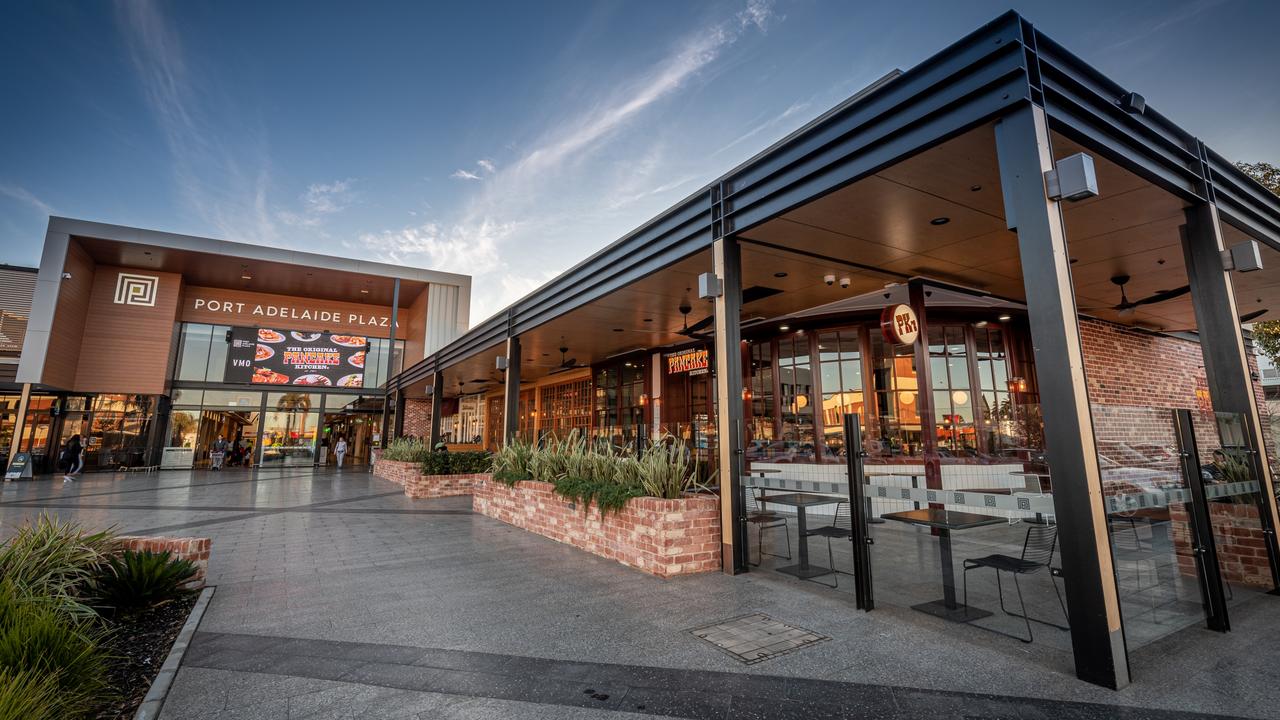
Con Makris is also on the list of major retail landlords, but is understood to be nearing the sale of his remaining centres - at Hallett Cove and Gilles Plains - following the recent disposal of Newton Village, North Adelaide Village and City Cross.
The Taplins have been investing in shopping centres since the 1960s and have built up a sizeable portfolio across Adelaide, while Harry Perks was one of the first to offer retail investors stakes in large centres through the use of the syndicate ownership model.
The Crotti family - behind the San Remo pasta empire - owns the Northgate and Old Reynella shopping centres, while the Chapleys control several properties including Frewville Green and Norwood Place.
Southern Cross Equity, led by local investor Peter Tunno, owns three regional shopping centres and the Metro in Hyde Park, while the Kyros, Antunes and Angelo families are also prominent retail landlords.
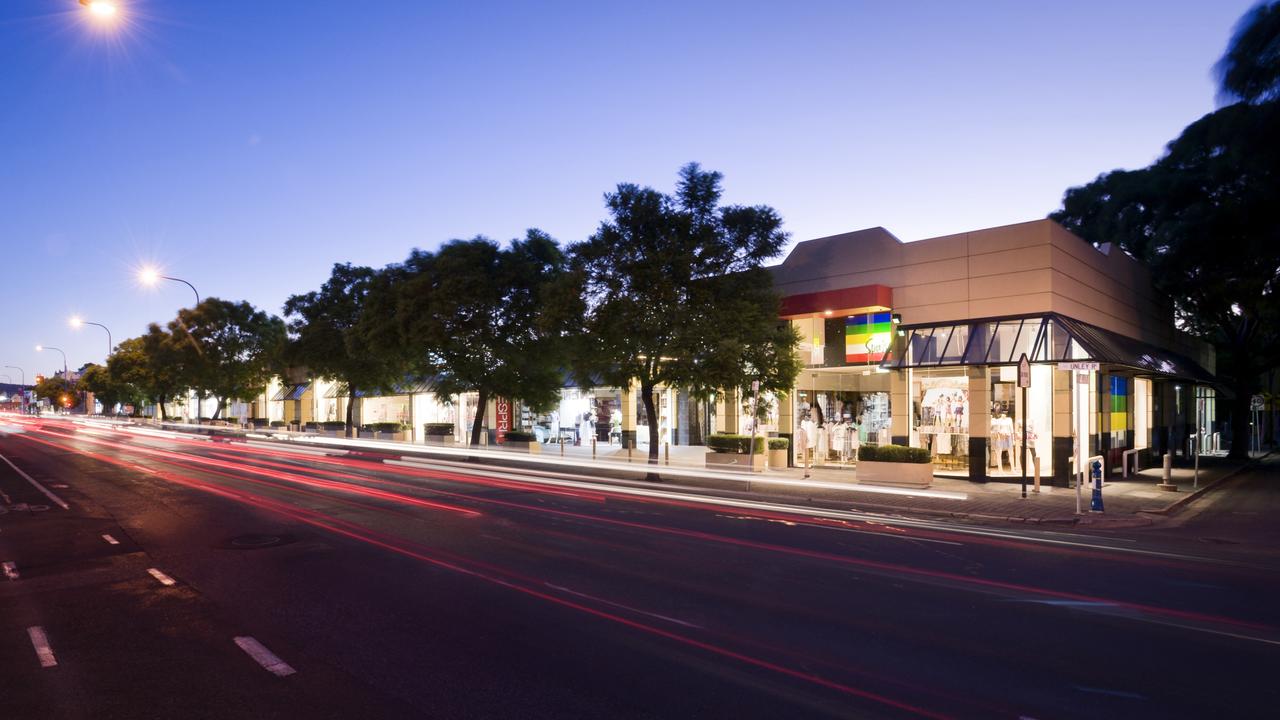
JLL state managing director Ben Parkinson said the state’s shopping centres were typically “tightly held” by local investors, but interstate and offshore groups were increasingly looking for opportunities to invest.
“The South Australian retail ownership profile is dominated by private owners and syndicates, particularly at the neighbourhood centre end of the market,” he said.
“Recently we have seen more sophisticated investors like ISPT, Charter Hall and HomeCo show interest in the sector, and we are seeing unprecedented demand for supermarket-anchored shopping centres and freestanding investments like Bunnings.
“The weight of capital is coming from privates, syndicates, listed and unlisted funds, together with local managers investing for offshore groups.”
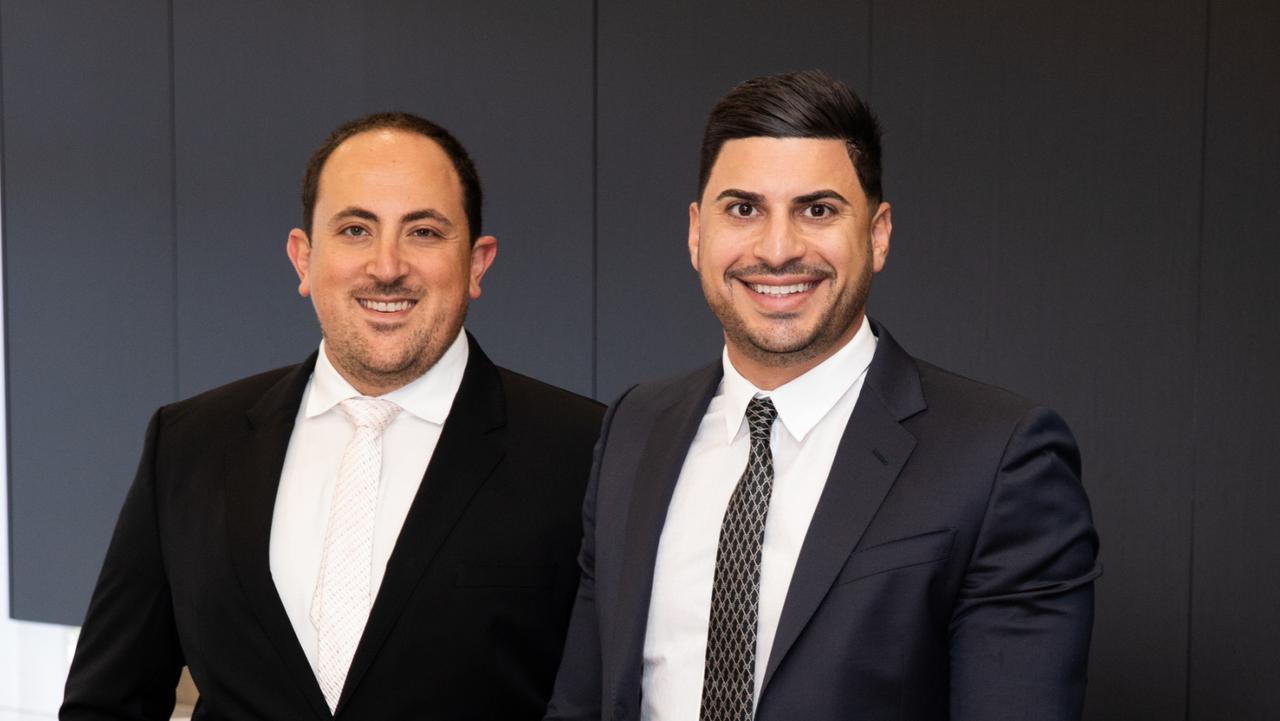
Interstate groups that have invested in SA’s retail property market in recent years include Western Sydney’s Revelop, which has snapped up four local centres since 2017, including Renmark Square and Newton Village.
In February Perth’s Greenpool Capital, with the backing of ASX-listed investment firm Qualitas, paid $50m for the North Adelaide Village centre and an adjoining site.
Meanwhile six of the state’s seven largest centres are owned by interstate corporate groups. Singapore's SPT REIT is the only foreign investor in major SA centres, paying $670m for a 50 per cent stake in Westfield Marion in 2019.
Nick DiMauro, who has amassed a $763m fortune across more than 20 shopping centres in Australia and New Zealand, said the abolition of stamp duty on commercial property sales in SA had attracted a wave of investment from interstate groups.
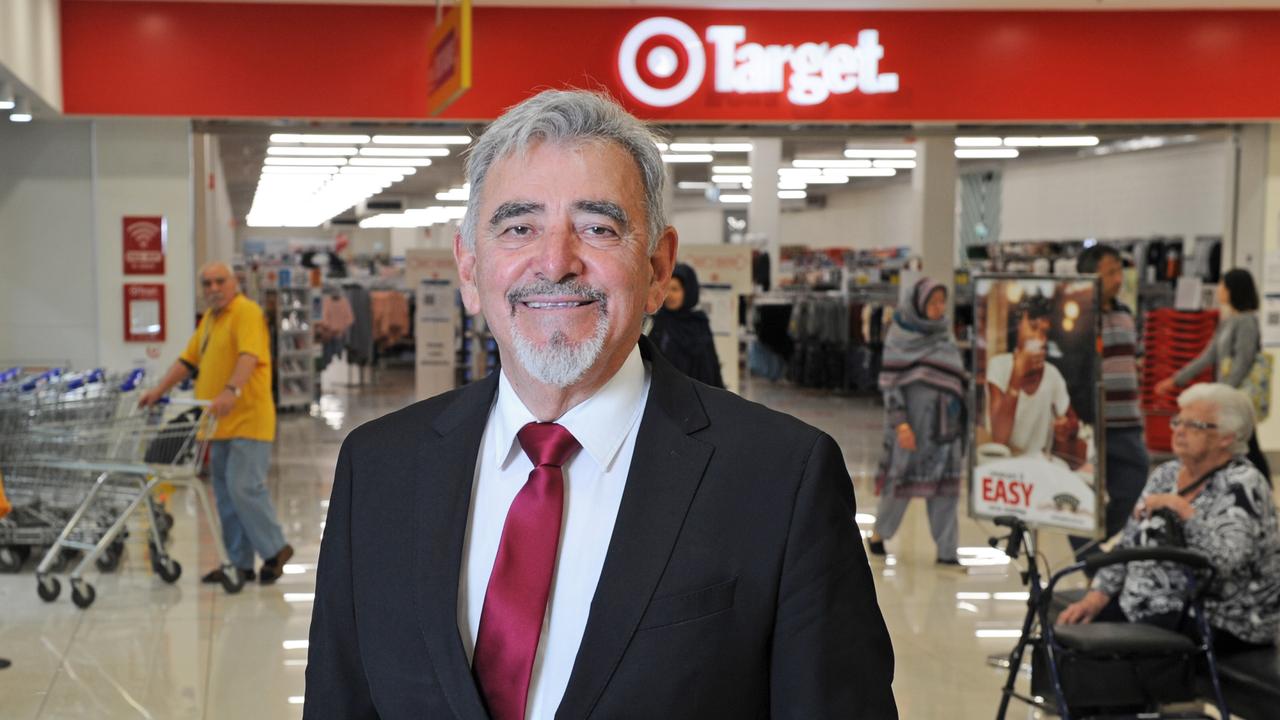
“To me South Australia is a great place to invest, especially now with no stamp duty - that’s the game changer for me and I think the eastern states now have caught on,” he said
“I think that’s the key component - we’ve had a quiet 12 months because of COVID but once this is over I think things are going to start to move a bit more.”
After starting his working life as a plumber, Mr DiMauro bought his first major shopping centre - Sefton Plaza - in the mid-1990s, later expanding interstate and into New Zealand.
“We started with houses, buying a few houses, and then we went to flats and then we went to commercial - it took 45 years, it doesn’t happen overnight,” he said.
“In those days it was challenging because we’re talking 18 per cent interest rates. People are used to this interest rate climate but you can make money in any climate if you put your mind to it.”
Through his company PPI Funds Management, Harry Perks remains one of the most prominent investors in retail property.
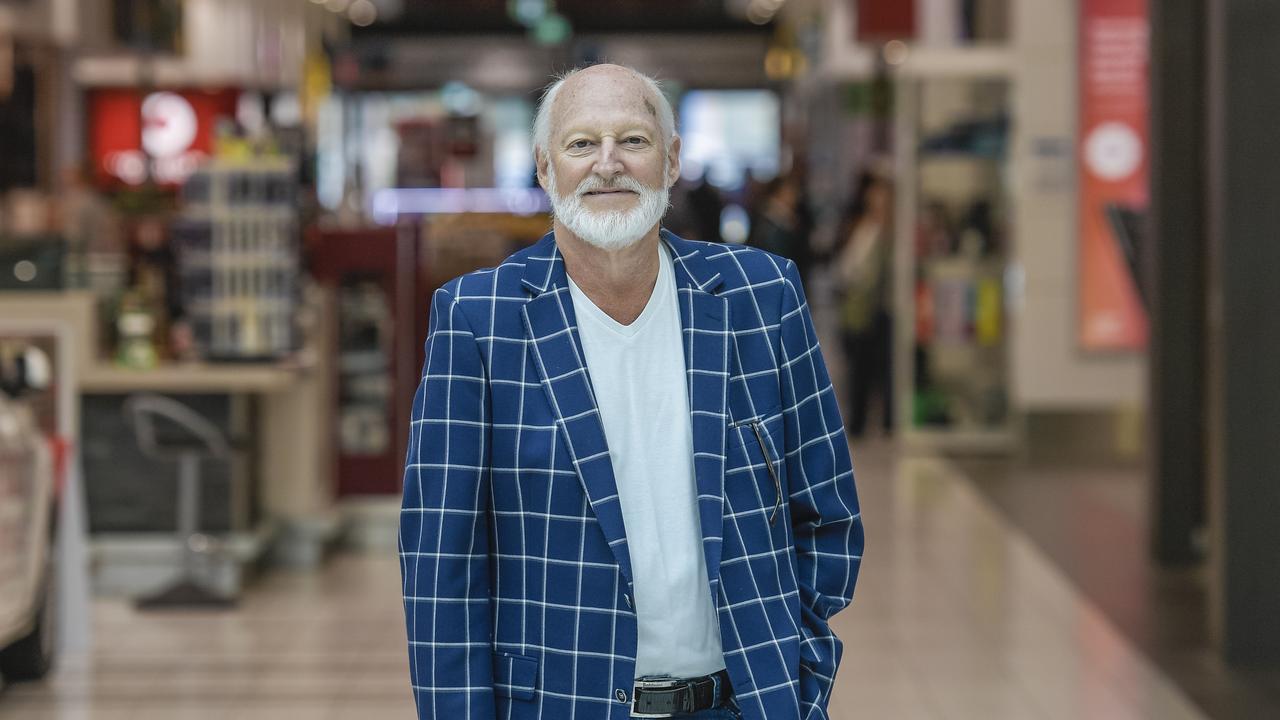
Westland Shopping Centre in Whyalla was his first acquisition in the early 1990s, and since then he has co-invested with his syndicates, which currently control eight centres in metropolitan Adelaide and in regional areas.
“I started the syndication of shopping centres way back then and I was one of the first to do it in Australia,” he said.
“A lot of our properties are not city-based properties - Seaford, Victor Harbor and Mount Barker and places like that.
“I like having properties in growth areas, and also it’s nice when they’re the most dominant shopping centre in that area because people can do all their shopping in one place.”
Mr Perks said supporting tenants through the COVID-19 crisis had been his number one priority over the past year.
“What we did when COVID first hit was look at every tenant we’ve got in our properties and we gave them rent relief where it was needed,” he said.
“I think overall, across our centres, we gave something like $4m worth of rent relief and none of this was accrued because we didn’t believe tenants, when they get through their problems, all of a sudden want to be paying more rent than they were.
“We just did the hard yards, like a lot of people did, and we’re lucky in this state we came out the other side very quickly.”
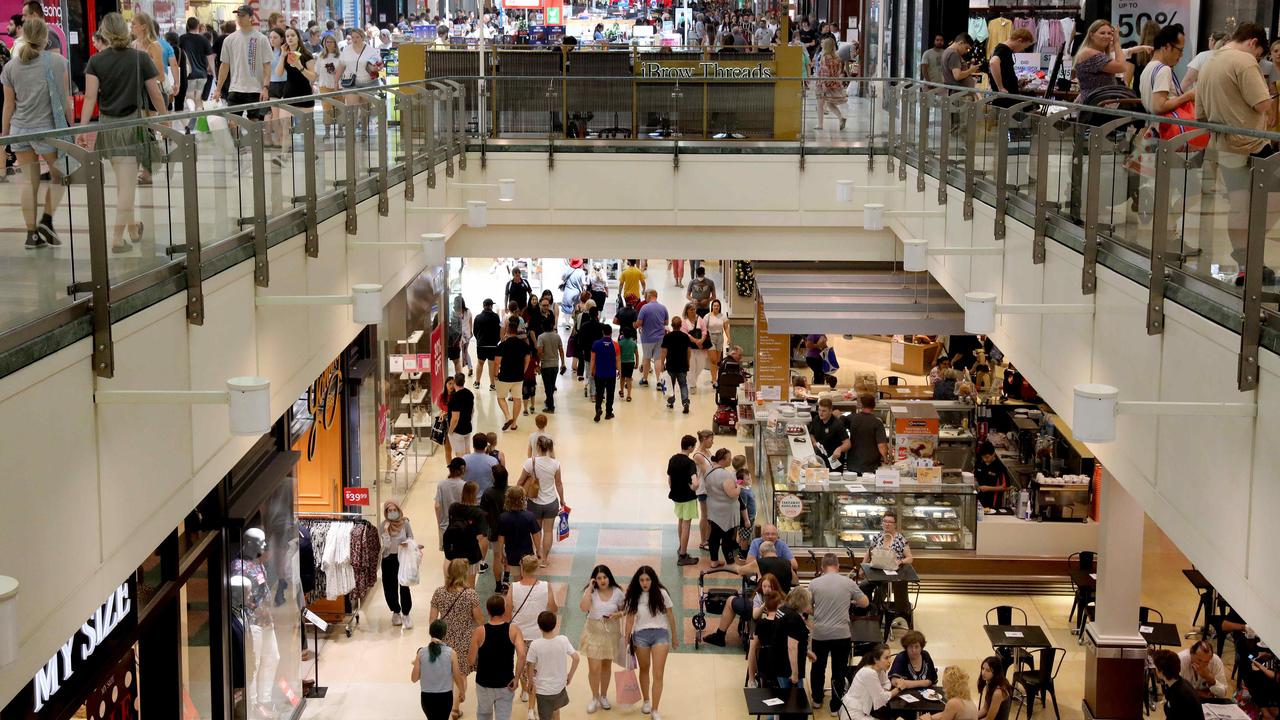
Mr DiMauro said while the early stages of the pandemic had been a “frightening” experience, his centres were now trading better than before the crisis.
“April and May (2020) was a write off - a real bad experience because we just didn’t know how bad it was,” he said.
“Shops were shutting and things just stopped - it was a frightening experience. In all my years of being in this game I’ve never had such an upsetting two months, but then it changed very quickly.
“As soon as June came along we started to have these little green shoots and all of a sudden it’s gone up.”
The Taplin family acquired its first shopping centre, Mitcham Square, in the 1960s, and has since expanded its portfolio to six major retail properties including the Marden, Bayside Village and Marryatville centres.
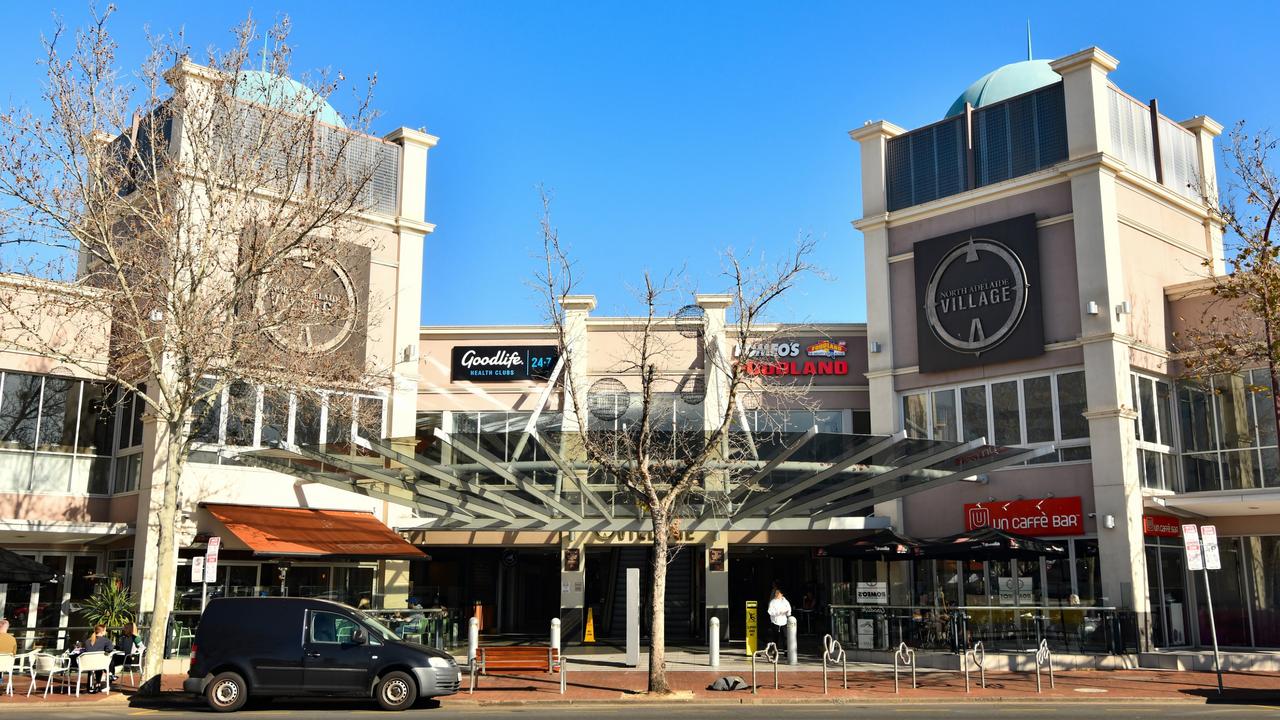
Andrew Taplin, who heads up the family’s real estate business, said his father Noel played an important role in the evolution of retailing in South Australia.
“My father was very retail-orientated; he used to travel a lot to America and overseas and felt that we were behind the main game,” he said.
“He claims we were the first to build an internal mall in the state - at a small centre on Glynburn Road.
“In those days everyone was building the typical strip-type development. Even if they were trying to put together a shopping centre it was still just a supermarket with your specialties facing an external car park - it didn’t have the features that you have today.”
Mr Taplin said his family’s centres were “absolutely thriving” now the worst of the pandemic was over.
“I’ve been saying for decades, support those who support you, support local,” he said.
“I think from COVID that’s all of a sudden become an important part of people’s agenda - they’ve realised that they need to support their local, but also people are working from home, they’ve got the convenience of their local centre. You add all of those things up and at the moment it’s producing a very strong result for us.”





